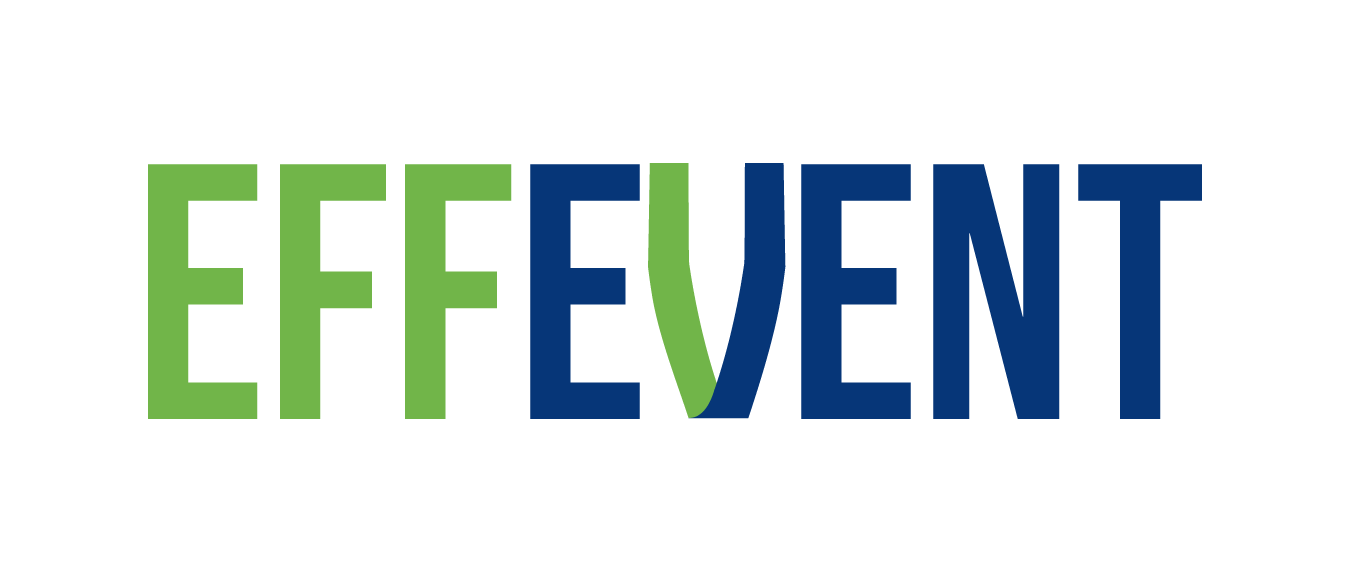The PELLENC innovation that will make work in the vineyards (even) easier
WINE-GROWING ROBOT RX-20
The PELLENC innovation that will make work in the vineyard easier
Since 2018, PELLENC has made robotics a priority to meet the growing challenges of viticulture, while remaining true to its long-standing mission: to facilitate man's work while respecting nature. Drawing on its expertise in connected agriculture and automation, the Group is constantly pushing back the boundaries of innovation. With the RX-20 robot, the company has taken a new step forward, offering an autonomous, high-performance solution that will transform work in the vineyard.
An integrated, compact and versatile solution
The RX-20 is not just a vineyard robot, but a complete ecosystem combining the carrier, attached tools, PC and smartphone applications, all interconnected for a fluid, high-performance user experience. “Faithful to our vision of agriculture combining efficiency, innovation and sustainability, our aim is to offer a lightweight, easy-to-use solution capable of carrying out repetitive tasks that do not require the winegrower's expertise,” explains Nicolas Brun, PELLENC Robotics Project Manager. Equipped with a hybrid motor and weighing just over a ton, the robot also stands out for its ability to adapt to the specific features of each plot, thanks to its multiwidth mowing and tilling tools.
A 100% autonomous and safe robot
PELLENC has developed advanced navigation and safety systems, in collaboration with Agreenculture - a specialist in “Smart farming” and connected agriculture - which ensure that the robot stays on course, even in complex environments. Equipped with LIDAR and connected bumpers, the RX-20 detects obstacles, slows down or stops automatically if necessary. Autonomy is another major advantage of this robot. Once the mission has been programmed, it can operate completely autonomously and safely for 13 to 24 hours (thanks to its hybrid motorization), unlike other robots which require constant human supervision.
Inventing the future of viticulture to meet today's challenges
The PELLENC robot frees up winegrowers' time, enabling them to concentrate on more strategic and qualitative tasks. By making work in the vineyard less arduous, it also helps to improve working conditions and make the sector more attractive in the face of structural labor shortages. Last but not least, it is a response to current environmental challenges. “By automating and systematizing mowing and mechanical weeding, our robot makes it possible to reduce the use of phytosanitary products and improve soil conservation”, explains Nicolas Brun. Thanks to the data collected, winegrowers will be able to optimize their practices and better manage resources and treatments. This will enable them to move increasingly towards precision viticulture.
Essential support for successful adoption
“To guarantee the success of a robotics project, it is crucial to mobilize, familiarize and train all players in the industry, from design to field use”, insists Nicolas Brun. At PELLENC, the distribution network plays a central role in supporting and guiding users in the adoption of the solution, particularly during the plot surveying phase and the integration of the robot into the vineyard.
At present, several RX-20 robots are in the beta-test phase in the field, with commercialization scheduled for spring 2025. In the meantime, PELLENC is continuing to refine its solutions based on user feedback, in order to best meet the needs of the sector.
Content written by PELLENC

